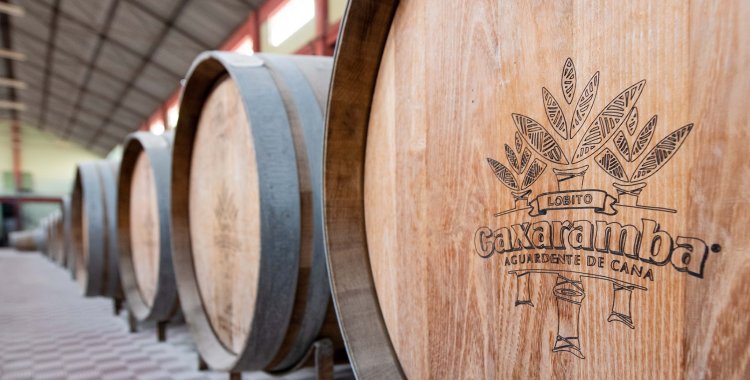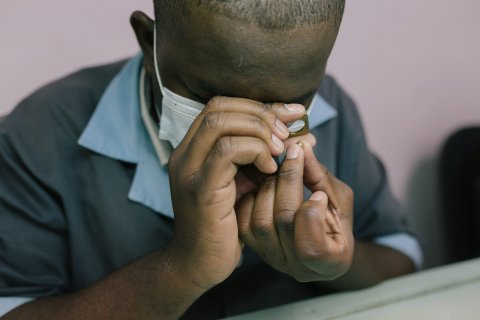According to Angop, Portugal will be the first destination for the company's rum exports.
Initially, as explained by Ricardo Guerra, managing partner of the company, the drink will be exported in small quantities to Portuguese lands, but the company intends later to make its rum arrive in Italy as well.
Cited by Angop, the official said that since they started putting the drink at the airport, they have registered a "traveller's adherence" to the purchase of this product: "Since we started to put the product in the 'free shop' at 4 de Fevereiro International Airport in Luanda , we noticed the adherence of travelers in the purchase of the product".
He also mentioned that the covid-19 pandemic delayed the company's plan, but that the unit recovered production with a view to materializing the project.
A year, the factory produces 30,000 bottles of 650 milliliters, indicated Ricardo Guerra, who considered that it was not a very high amount.
"It's not a lot of quantity because it's a slow process and the product's aging stock is what will allow it to grow in quantity and quality", he said, adding that the aging process is crucial for the quality of the product, with 50,000 liters being processed annually, writes to Angop.
He also admitted that there is still "much to be done". "There is still a lot to do and a lot of market to conquer, as we have to compete with imported brands and our purpose is to see the drink being consumed in cocktails, such as caipirinha and morrito", he said, quoted by Angop.
Regarding the raw material for the manufacture of the drink, the managing partner of the company informed that more than half (95 percent) is obtained in the country, such as from sugarcane producers in Benguela, Gabela and Kibala, while Biocom comes from the molasses. The cork used in the lids is obtained abroad, from Portugal.







